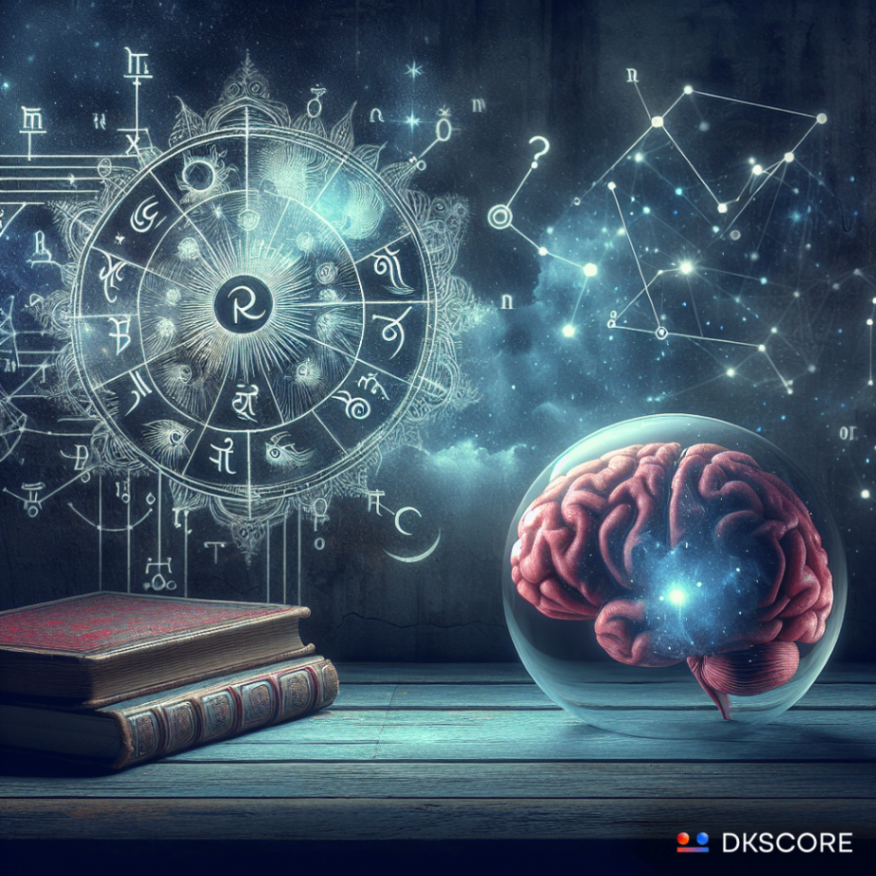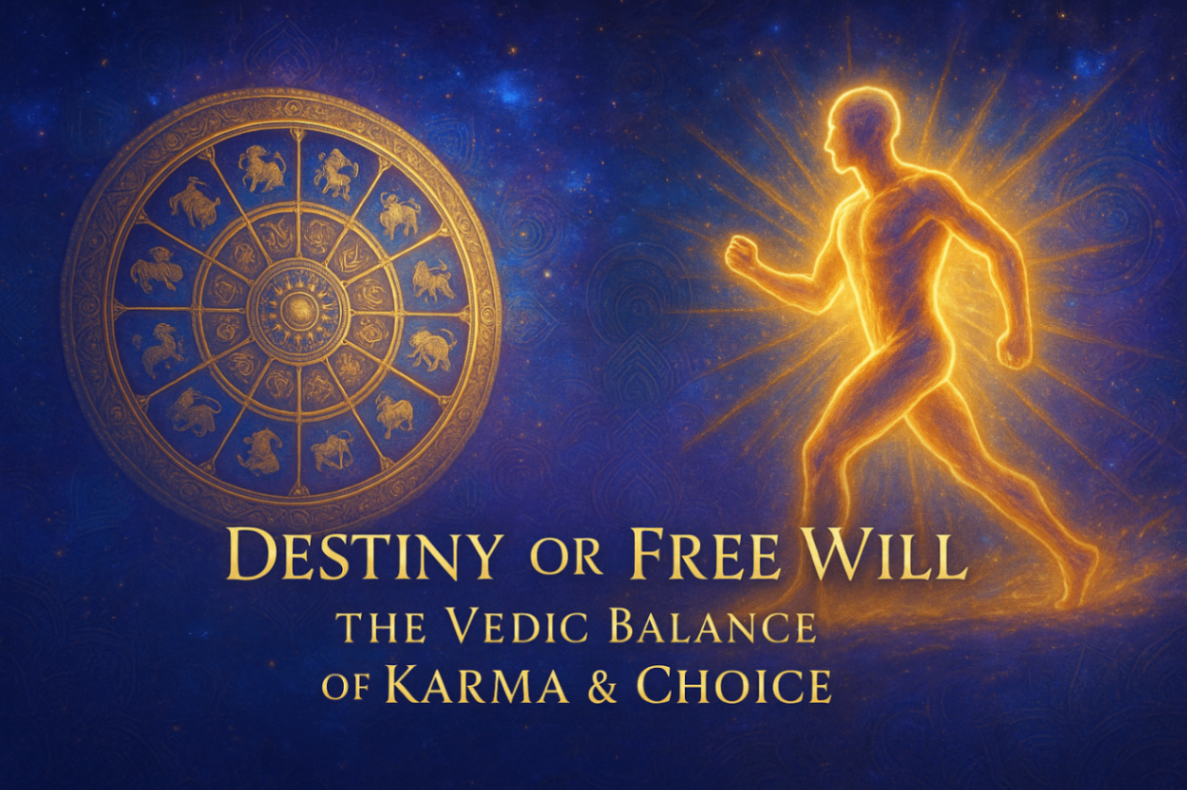Introduction
Jyotish, or Vedic astrology, is an ancient and profound system that explores the relationship between celestial bodies and human life. It goes beyond mere predictions, delving into the psychology, karma, and destiny of individuals. In this article, we will explore the rich history, philosophical underpinnings, and practical applications of Jyotish, highlighting its relevance in understanding human psychology and guiding life decisions.
The Origins of Jyotish
Jyotish, derived from the Sanskrit word Jyoti, meaning light, is often referred to as the science of light. Its origins can be traced back thousands of years to the ancient Vedic civilization of India. The Vedas, ancient Hindu scriptures, provide the foundational principles of Jyotish, integrating astronomical observations with spiritual and philosophical insights.
Key Figures in Jyotish
Parasara: Known for the Brihat Parasara Hora Shastra, a seminal text that outlines the principles and techniques of Vedic astrology.
Jamini: Another influential sage, known for the Jaimini Sutras, which offer alternative methods and insights into astrological interpretation.
Varahamihira: A later scholar who contributed significantly to the development of Jyotish, particularly in the fields of astronomy and astrology.
Jyotish Philosophy: The Intersection of Science and Spirituality
Jyotish is not just an astrological system; it is a holistic science that integrates various branches of knowledge, including astronomy, medicine, and psychology. It offers a comprehensive view of life, emphasizing the interconnectedness of the cosmos and human existence.
The Concept of Atma and Samsara
In Jyotish philosophy, the soul (Atma) is seen as an immortal entity journeying through multiple lifetimes. This journey, known as Samsara, involves learning and evolving through experiences shaped by karma (actions). Each lifetime is an opportunity for the soul to learn, grow, and ultimately transcend the cycle of birth and death (moksha).
Karma and Free Will
Karma, the law of cause and effect, is a central concept in Jyotish. It explains how our actions in past lives influence our present circumstances. However, Jyotish also acknowledges the role of free will, allowing individuals to shape their destiny through conscious choices and actions. This duality of karma and free will highlights the dynamic interplay between fate and personal agency.
Jyotish as a Tool for Advanced Human Psychology
Jyotish provides deep insights into human psychology, revealing the underlying karmic patterns and psychological tendencies that shape our lives. By analyzing an individuals natal chart, Jyotish can uncover aspects of their personality, strengths, weaknesses, and life challenges.
The Role of Nakshatras
Nakshatras, the 27 lunar mansions in Vedic astrology, play a crucial role in understanding an individuals psychological makeup. Each Nakshatra has unique qualities and influences different aspects of life, offering insights into personality traits, emotional tendencies, and behavioral patterns.
Planets and Psychological Archetypes
In Jyotish, planets are associated with specific psychological archetypes. For example:
Sun: Represents the soul, self-identity, and ego.
Moon: Governs the mind, emotions, and subconscious.
Mercury: Influences intellect, communication, and reasoning.
Venus: Relates to love, relationships, and aesthetics.
Mars: Symbolizes energy, drive, and aggression.
Jupiter: Represents wisdom, growth, and spirituality.
Saturn: Governs discipline, challenges, and karmic lessons.
By analyzing the positions and aspects of these planets in a natal chart, Jyotish can provide a detailed psychological profile, highlighting areas of strength and potential challenges.
Practical Applications of Jyotish
Personal Development
Jyotish offers practical guidance for personal development by identifying key strengths and areas for growth. By understanding their astrological profile, individuals can make informed decisions, align with their true purpose, and navigate lifes challenges more effectively.
Relationship Compatibility
Jyotish can also be used to assess relationship compatibility. By comparing the charts of two individuals, astrologers can identify potential areas of harmony and conflict, offering insights into how to cultivate healthy and fulfilling relationships.
Health and Well-being
Jyotish integrates principles of Ayurveda, the ancient Indian system of medicine, to provide insights into health and well-being. By analyzing planetary influences, Jyotish can identify potential health issues and suggest remedies to promote balance and vitality.
Career and Financial Success
Jyotish offers guidance on career choices and financial success. By understanding their karmic patterns and strengths, individuals can align their career paths with their true calling, optimizing their potential for success and fulfillment.
Jyotish and Modern Science
Despite its ancient origins, Jyotish remains relevant in the modern world. It offers a holistic approach to understanding human psychology, integrating scientific principles with spiritual insights. While modern science focuses on the material aspects of existence, Jyotish provides a broader perspective, emphasizing the interconnectedness of all life and the importance of spiritual growth.
Addressing Skepticism
Modern science often views Jyotish with skepticism, primarily due to its reliance on subjective interpretation and ancient texts. However, Jyotish practitioners argue that its principles are grounded in a deep understanding of cosmic laws and human nature. By approaching Jyotish with an open mind, individuals can gain valuable insights and practical guidance for navigating their lives.
Conclusion
Jyotish, or Vedic astrology, is a profound system that integrates science, spirituality, and psychology. It offers a comprehensive view of human existence, emphasizing the importance of karma, free will, and spiritual growth. By understanding their astrological profile, individuals can gain deep insights into their personality, relationships, health, and career, ultimately aligning with their true purpose and achieving greater fulfillment. Whether you are seeking personal development, relationship compatibility, or career guidance, Jyotish provides valuable tools and insights to navigate lifes journey.




















